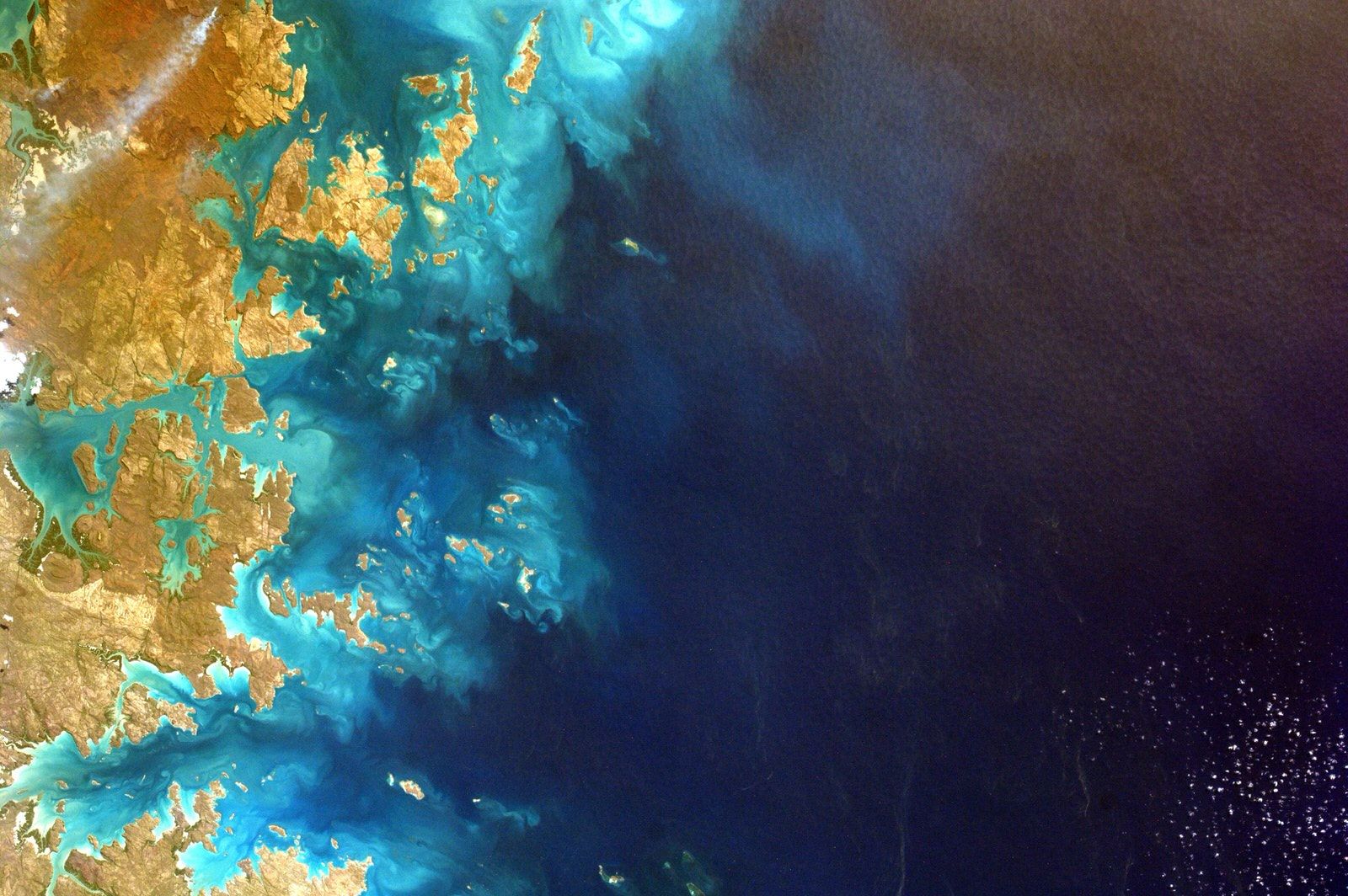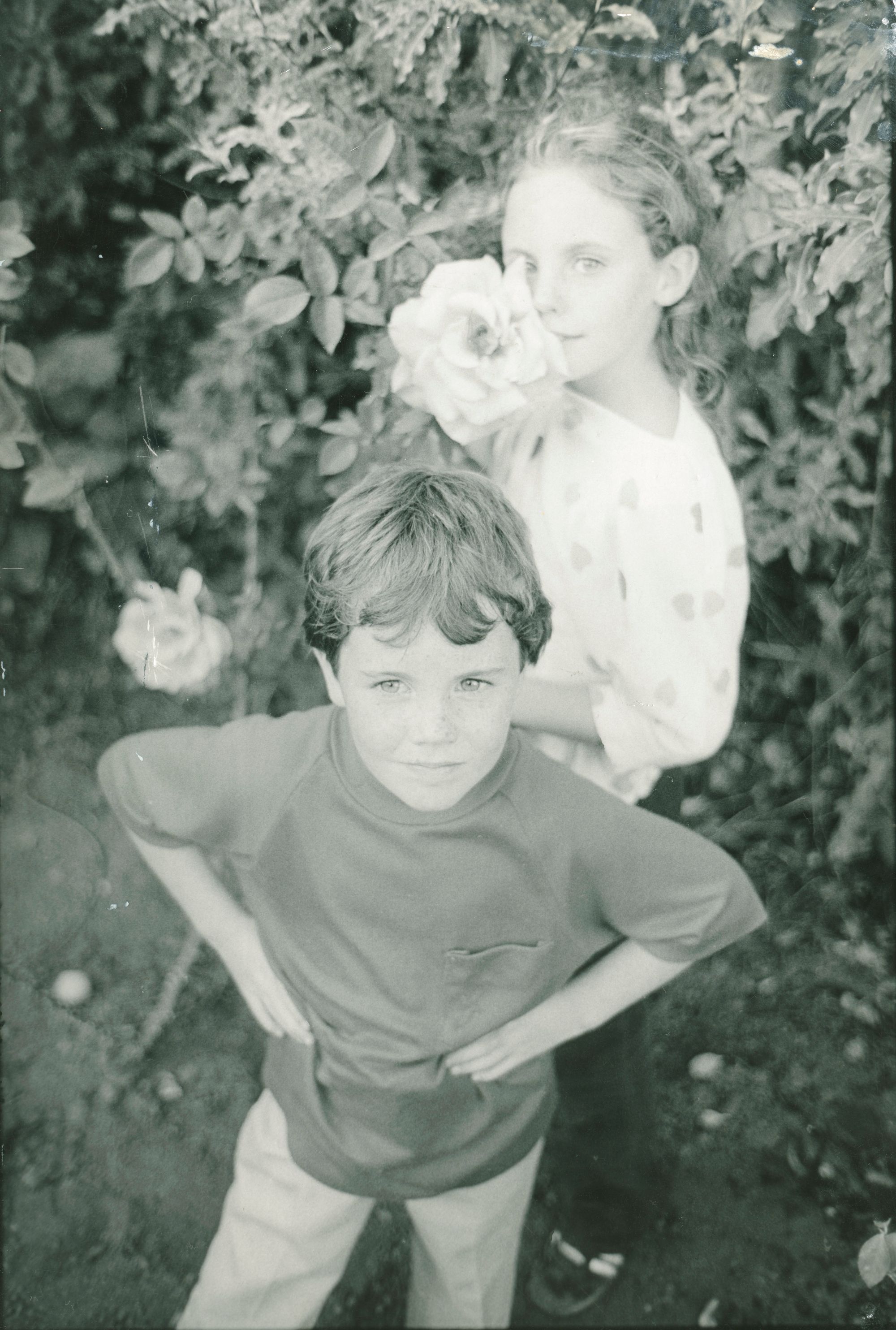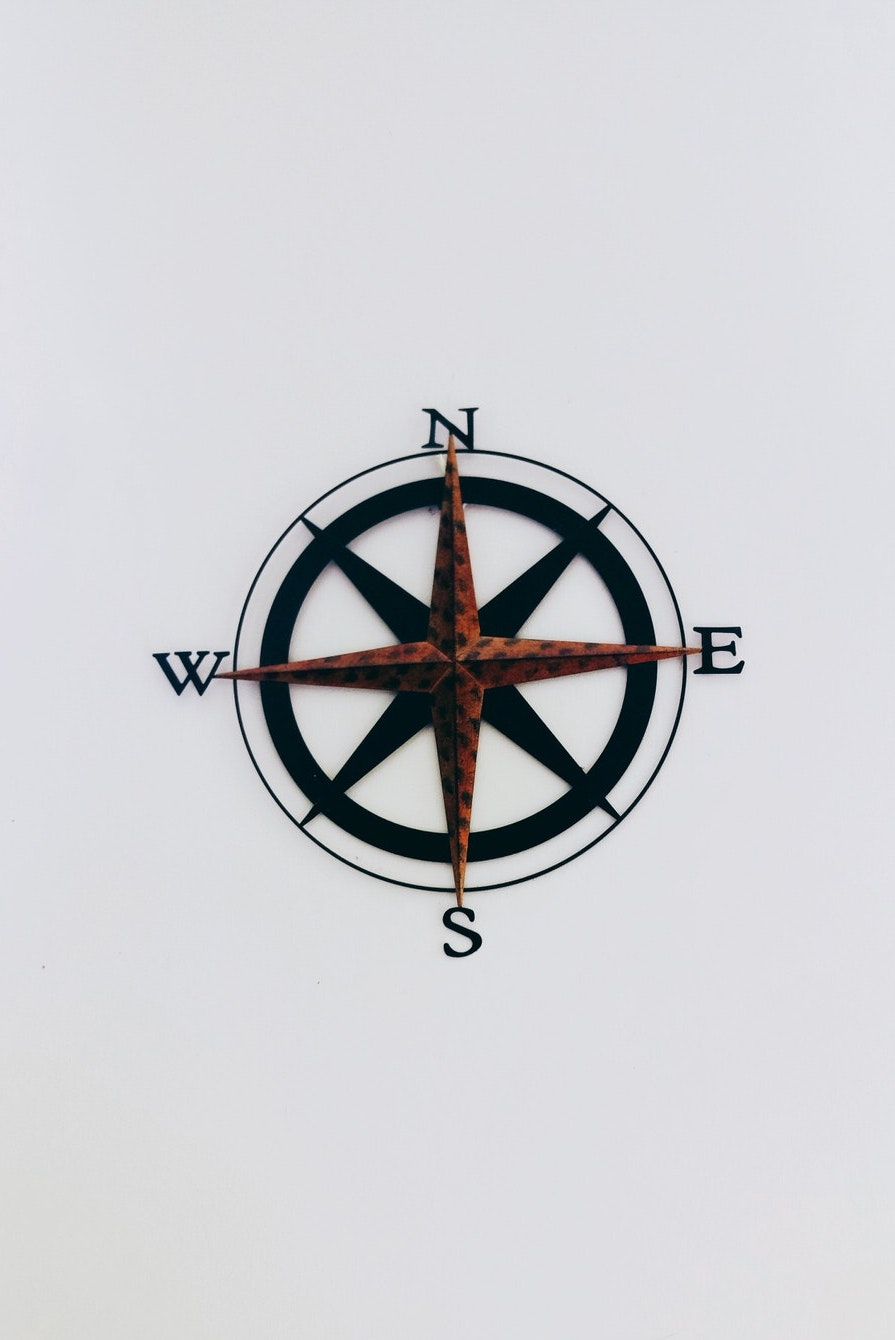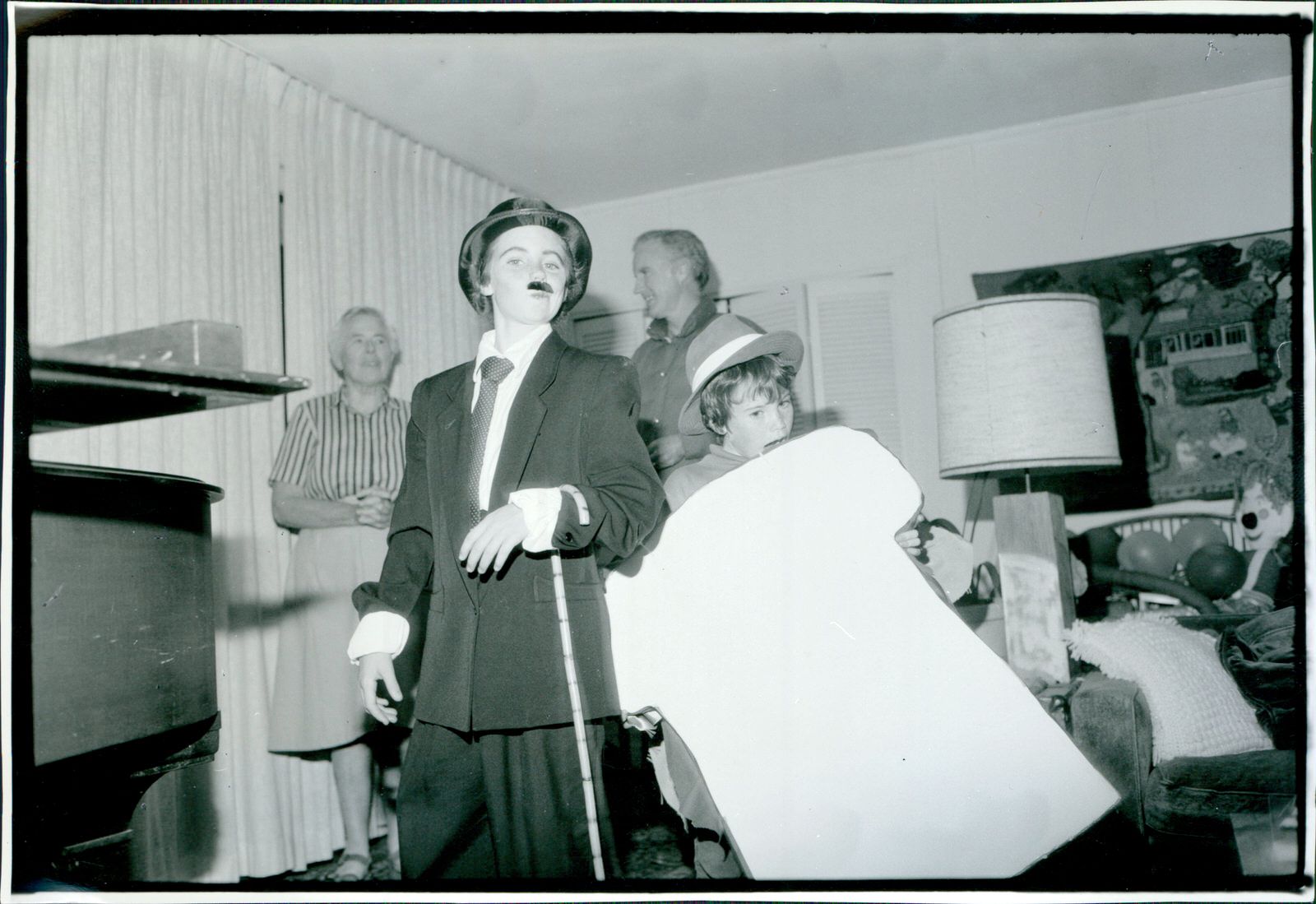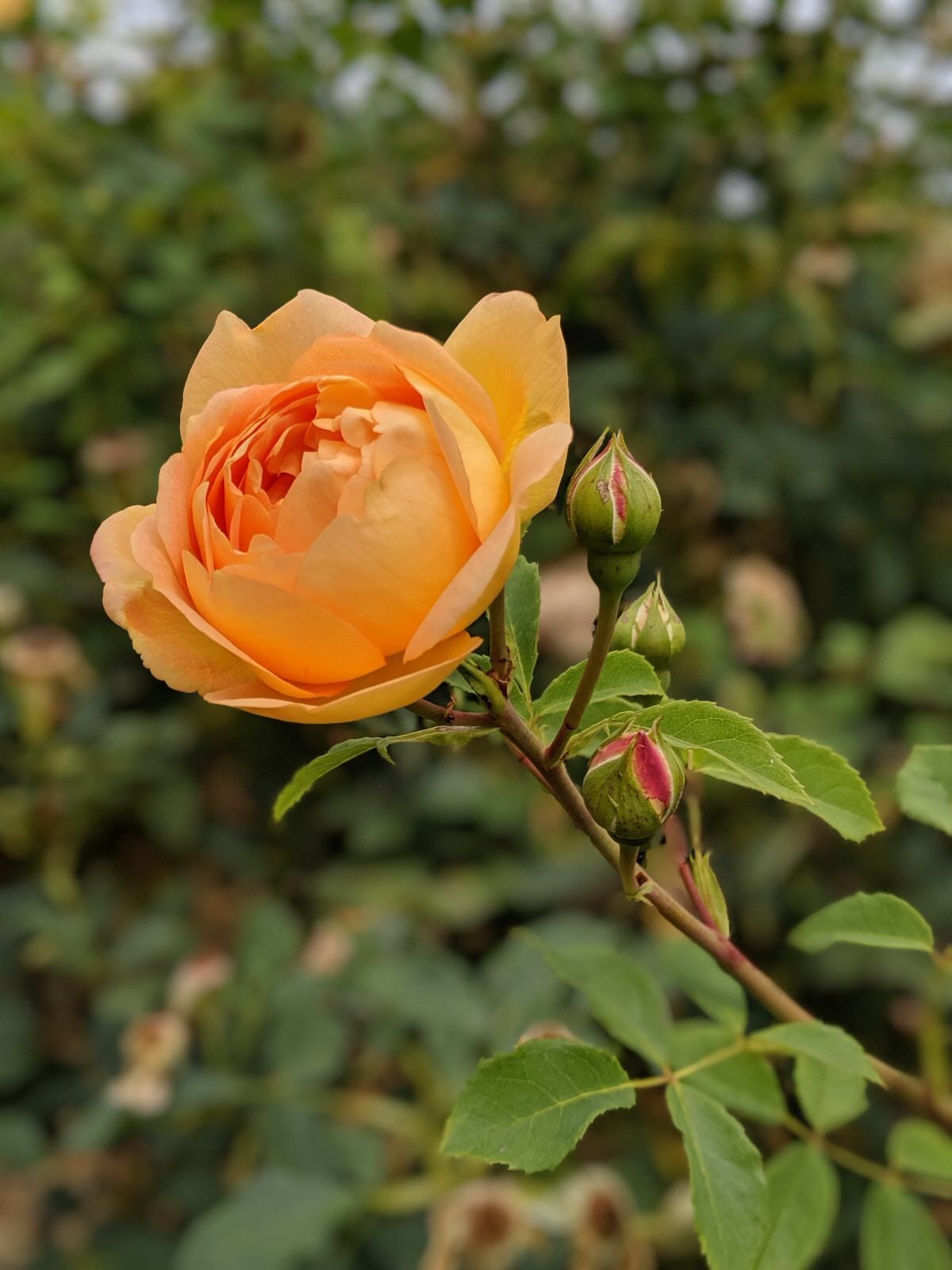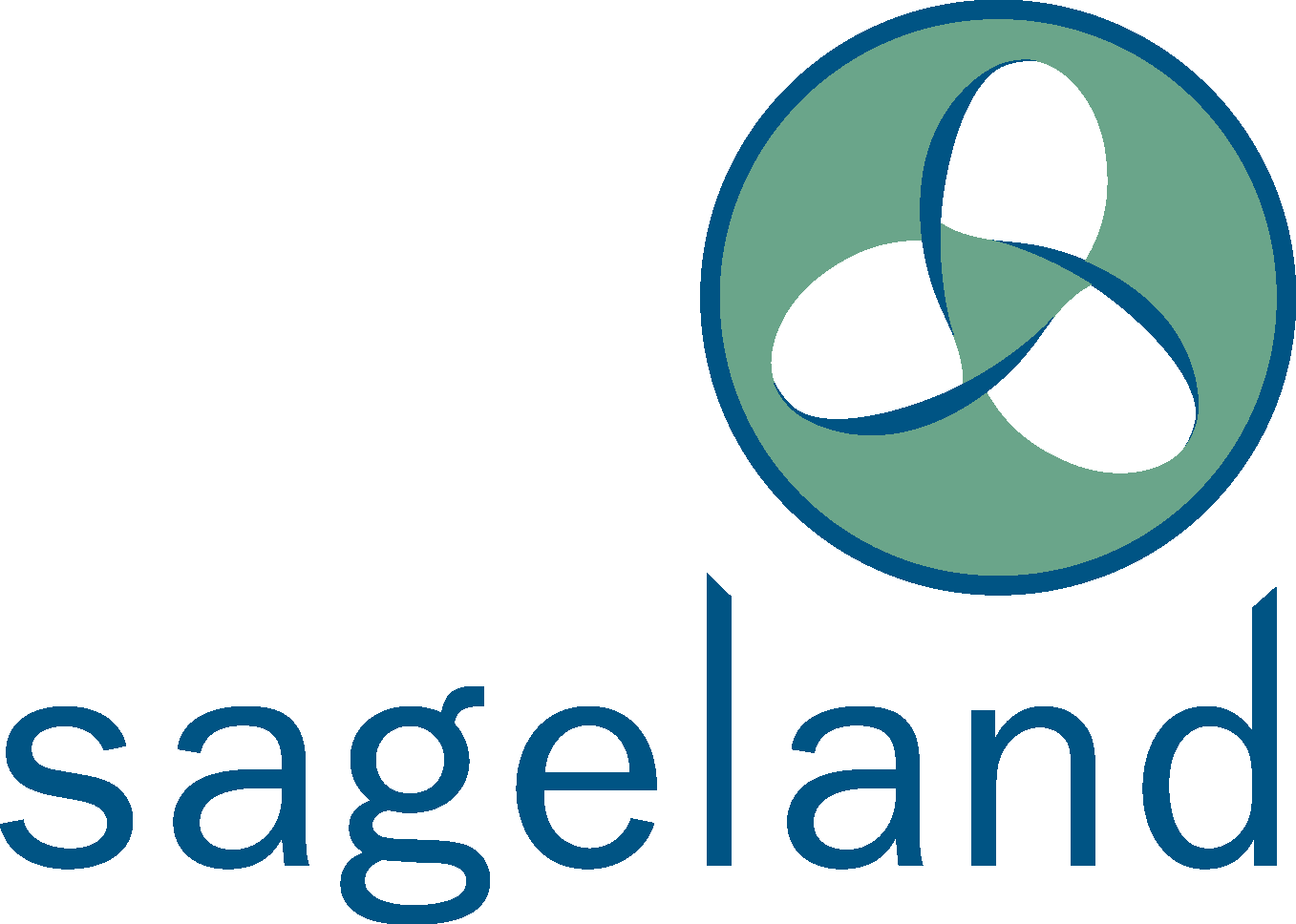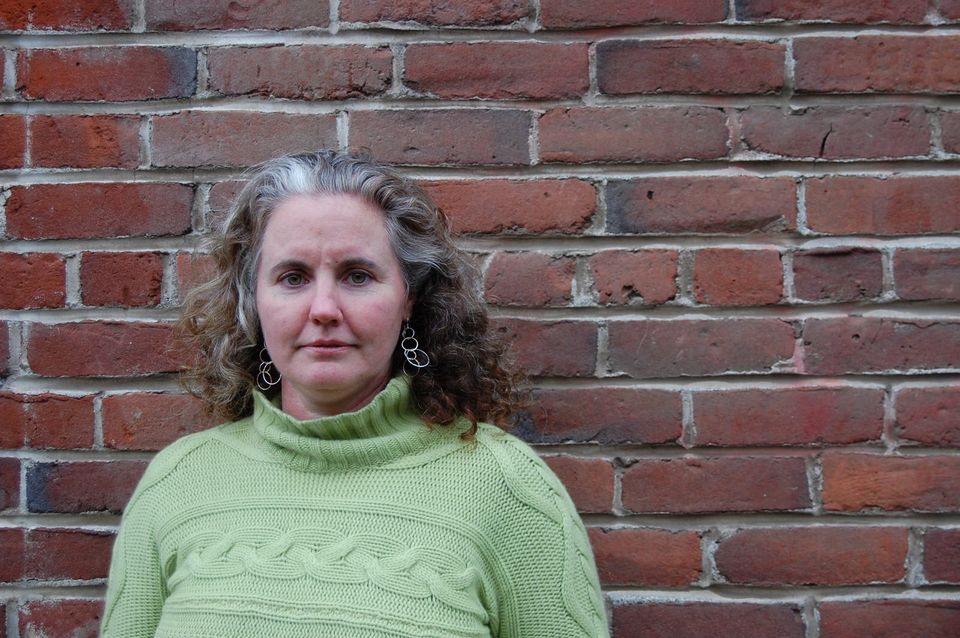When I’m working on a problem, I never think about beauty. I think only how to solve the problem. But when I have finished, if the solution is not beautiful, I know it is wrong. — R. Buckminster Fuller
Hi! I'm a knowledge ecologist, information architect, cooperative co-founder, ecosystem mapper, field-builder for knowledge ecology, and a human.
Just looking for the brief? Click here.
Knowledge ecologist
During summers in high school, I had the privilege of caring for marine mammals, including helping the vets do necropsies (animal autopsies) on the ones who didn't make it, to find out why. Harbor seals, elephant seals, and sea lions, for the most part. They blew my mind. I've been elbow- or hip-deep in biology ever since, entranced by ecosystems, reaching into tide pools and wading in wetlands. I especially love ecotones, liminal zones characterized by the transition from one ecological community to another: the rocky inter-tidal, the riparian, the forest treeline that disappears into meadow or alpine tundra. Wetlands. The constraints of one system give way to the opportunities of another. In the overlaps in-between things, so much life thrives.
Veering off of the beaten path of an environmental consultant when my family moved to a rural area in 2007, I began following my long interest in how living systems principles apply to human communities and organizations. I worked in land use planning and paid a bit more attention to humans in the landscape. In 2015, I stumbled into the Responsive Org community slack just as it got started. What a gift! The perspective of organizational design community there largely came to the topic via human psychology, sociology, or adapt-or-die industries like tech, and advertising. Things I had mostly ignored as a science student and ecologist. Most of the folks there - like myself looking at business - had no basic grounding in complex living systems sciences. (Louis Menand's 2001 article, Undisciplined sheds light on why.)
I'd found a fertile overlap, a liminal zone between fields, only just beginning to be explored. Two other things happened at the same time. (1) I found Kumu, which provided an essential exoskeleton for me to help see the information and knowledge flows in communities. (2) I met my future Digital Life Collective co-founders, going on a steep learning journey and discovering the overlaps between software, hardware, and 'wetware' - we humans and our interpersonal data.
Knowledge ecology, like any ecological field, studies flows and relationships. These combine in feedback loops exhibiting non-linear dynamics. One needs a complex, rather than complicated, lens.
The only thing that makes life possible is permanent, intolerable uncertainty: not knowing what comes next. — Ursula K. Le Guin
Instead of being defined and driven by bio-physical flows, like nitrogen or solar energy, knowledge ecosystems are defined and driven by information flows. These can be explicit: words and images, bits and bytes, organizational structures, or implicit: mental models, power dynamics, worldviews. I learned to use Kumu to make 'ecosystem maps', surfacing information and insights useful to groups working towards shared impactful change. Both network and system mapping practices help my clients and collaborators build adaptive strategies and knowledge sharing repositories and processes.
I realized I was a knowledge ecologist. I'd found my home.
Sageland Consulting began my work in consulting and mapping. I've since co-founded three cooperatives, and now provide my strategic consulting and map design and development through Team Earth.
Socialroots is my current focus. In my work, I found that dynamic maps become difficult to keep updated over time (even as lovely as the ones you can create with Kumu; see their gallery). To support a flourishing knowledge ecosystem with coherent information flows, I needed a new software stack. We're building a part of that. Once that is live and thriving, I'll turn some attention towards the creation of signposts for the trails and viewpoints I've found most useful or discovered along my journey.
The research and practice that has shaped my work needs a broader field of knowledge ecology study. See below for more on my field-building hopes and efforts.
Information Architect and Product SME
As a system mapper and SME in human network dynamics and design, I found my home in our software team at Socialroots as an information architect supporting product, design, and development. We're a startup and I wear many hats, including: product strategy and design, team management, UX design, and data science.
Cooperative co-founder
Socialroots (2020)
Team Earth (2020)
Digital Life Collective (2017)
See Projects tab for more on each one of these.
In addition, here are some cooperative movements I'm active in that I feel have the potential to be catalytic as we find ways to work more democratically together:
- Exit to Community
It doesn't have to be a formal cooperative structure to work! - Zebras Unite
Zebras, as opposed to tech 'unicorns'. - #buytwitter
I found so many early connections and resources in the weird world of the Twittersphere. The Buy Twitter campaign has never been more relevant.
Self-organizing team catalyst
In all these cooperations, I've tried to bring the attitudes and practices I learned to recognize as generative in the Responsive Org ecosystem. These help level-up the ability of teams within and organizations to lead and cooperate more effectively. You can see some of my thoughts on team health here.
You can get a sense of how I think in this early Emerge podcast from 2018, hosted by the delightful Daniel Thorson:
My cooperative roots
Like many humans, I've had a variety of experiences in community - environmental activism, life in an aikido dojo, rural neighborhood kindnesses and more. Mine have shaped my belief that the "smartest person in the room is the room" (from Too Big to Know). If you want a personal pronoun for me, it's 'we'.
Like most humans, my first sense of 'we' came from my family. Near the end of his life, sparked in part by Thomas Picketty's Capital, my dad took a two-year research dive into cooperatives. A former Roman Catholic priest himself, the story of the founding of Mondragon took hold of him (really, he talked about almost nothing else for a year!). He wanted to tell it and inspire more cooperatives. He inspired me, and I miss him. I hope he inspires you, too.
Ecosystem mapper
'Ecosystem maps' are what I first called the interactive and intertwined system + network maps I create. It seemed a natural term for a knowledge ecologist. But I've learned that the term is more commonly used for .pdfs or maps of logos in the organizational 'ecosystem' of a business sector. My thinking on maps and mapping is constantly growing and changing, moving forward on the shoulders of giants, an atlas of mappers shaping the field.
When I'm able to focus on a knowledge ecology curriculum, I'll write some of that down and reference it here. For now, I sort of don't care what type of maps I build. I'm more interested in the problem you are trying to solve, the outcomes you hope for, and who's participating in the creative process that shapes the form and functions of a map.
Knowledge ecology leader
Knowledge ecology is not a brand, it's a field that needs building. I am eager to speak and work with other ecologically-grounded peers.
While I am not currently focused on curriculum creation, it is on my roadmap. If I taught an undergraduate course on knowledge ecology, the 101-level syllabus would begin with The Systems View of Life, by Fritjof Capra. This textbook offers a history of the idea of systems studies, complexity, and living systems sciences. The implications a systemic view could have on of many aspects of human society: economy, health care, agriculture, and more, shine through. The 201-level text for my next course in knowledge ecology would lead with The Patterning Instinct, by Jeremy Lent. Lent is another field builder, leading exploration in a field called cognitive history. This new field questions the premise of mainstream, modernist history that:
"The distinctive values and beliefs about human nature that form the bedrock of Western thought are silently assumed to be those that drive people all over the world and throughout history."
Cognitive history, in contrast, makes the underlying worldviews at play as history unfolds it's central idea. As Lent puts it:
"Different cultural complexes throughout history have developed fundamentally different value systems, and have conducted their activities accordingly... Worldviews shape values, and those values shape history.
(see this article for both quotes)
In my study and practice of knowledge ecology, both a living systems view and a deep understanding of human mental models and worldviews are a critical foundation. These can help a practitioner recognize dynamics, restore information flows, cultivate healthy learning practices, and create knowledge ecosystems that support groups of people striving for healthier futures. This is why different approaches to mapping can be so helpful. The skills of map makers and other complextity wranglers would be woven throughout my courses. These two core perspectives - living systems and cognitive history - also ground and give context for future research in this field well beyond my own work. I hope.
Subscribe, and get in touch with me if knowledge ecology is a field you're also in, or would like to help shape.
Human
I could go on, because I'm human. Talkative, too.😉 I'm a mother, wife, local, citizen, and inhabitant of a place on earth. I have other passions, too. But I think the above gives you an impression of me. Life is a lot to put on a page. If you have questions, or ideas, I enjoy conversations with new folks. Reach out (yes, you). If you like my work, and want occasional thoughts (and rabbit holes) from me, subscribe. Thanks, and glad to meet you!
Enough about me. As a catalytic dot connector, I immensely enjoy introducing people to each other. Would you like to meet some of the mappers who influence me?
